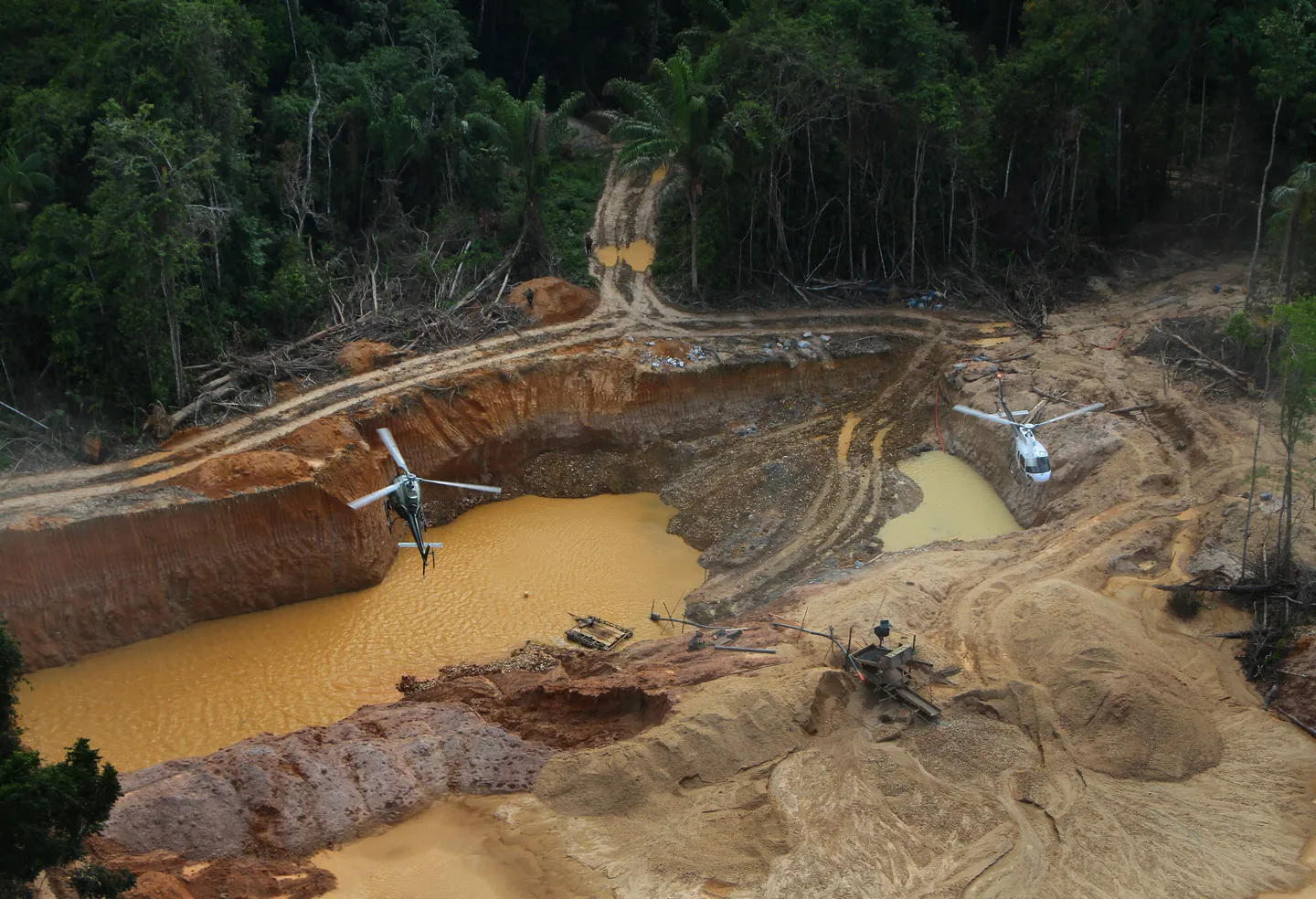Guinea defends mass cancellation of mining permits in sweeping sector reforms

The government of Guinea has defended its decision to cancel over 140 mining permits and revoke concessions from several inactive companies, framing the move as part of a broader effort to restore transparency, enforce compliance, and reclaim national sovereignty over natural resources.
In a press release issued on 28 May 2025, officials explained that the decision — which includes presidential decrees withdrawing mining concessions and ministerial orders canceling dozens of exploration permits — stems from a national policy to reform and revalorize the mining sector.
“The recent decisions to withdraw, by presidential decree, concessions granted to certain inactive companies, and the cancellation, by ministerial decree, of more than 140 exploration permits, are measures that are part of a logic of revalorizing the mining sector, in line with national guidelines.
They aim to restore the credibility of the public administration in the management of strategic resources,” the government stated.
The Ministry of Mines and Geology said the move followed extensive inspection missions carried out by technical departments including the DNG, DNM, SNCPM, IGM, and CPDM. These investigations uncovered a series of violations of the Mining Code, including:
-
Failure to begin operations within the stipulated timeframe
-
Long-term site inactivity
-
Non-payment of royalties
-
Unauthorized transfer of permits
Authorities affirmed that the Mining Code provides a strong legal basis for these corrective actions, which are triggered when mining title holders fail to meet their obligations.
The government insists that this “clean-up” is not merely administrative but strategic. It seeks to clarify the mining landscape, enhance the reliability of the national land registry, and create room for more serious investors by reallocating dormant titles based on technical and financial merit.
“In line with the principles of the reestablishment of the State, the cleaning up of the mining cadastre constitutes an approach to regaining sovereignty over natural resources, in a sector long marked by opacity, complacency and speculative capture.”
By reinforcing regulatory oversight, the government says it aims to enforce fair play, ensure contract compliance, and secure a more equitable share of mining profits for the country and its citizens.
The reforms also aim to position Guinea as a trustworthy partner for global investors.
“By releasing dormant titles, it becomes possible to restart the allocation of permits under more transparent, more competitive, and better regulated conditions.
This offers Guinea the opportunity to better exploit its resources, increase its tax revenues, and stimulate the creation of local jobs and infrastructure in mining areas,” the statement added.
As part of this overhaul, the government is also establishing a modern, digital, and interoperable database for tracking and coordinating extractive sector activities — a move expected to enhance governance, curb corruption, and align with rising international standards for transparency.
“This operation responds to strong citizen expectations regarding economic justice, equal access to opportunities, and the moralization of public management.
It is part of a logic of rupture and recovery, which are at the heart of the national reconstruction project,” the government concluded.
Source: africaguinee
About The Author
dailymailafric
I am an avid African news observer, and an active member of Daily Mail Africa.
I’m Passionate about staying informed on diverse topics across the continent,
I actively contribute to publishing on political, economic and cultural developments in Africa.



